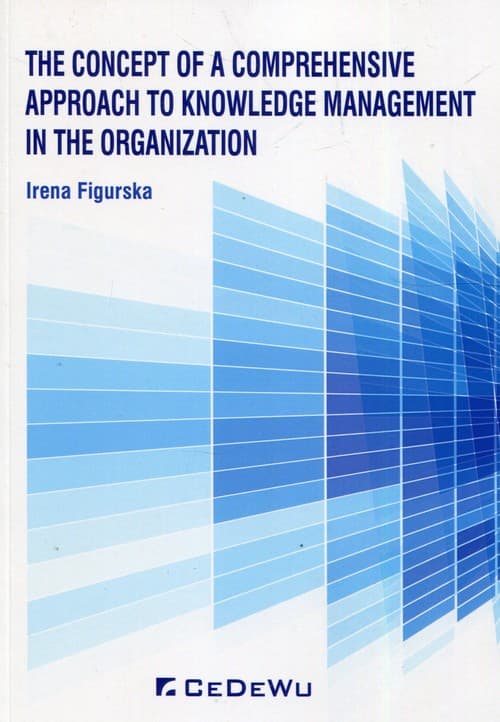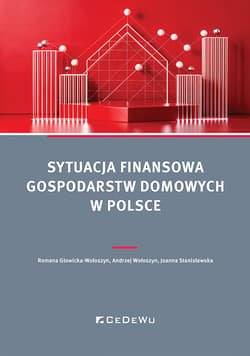| Typ wysyłki | Do 398,99 zł | Od 399,00 zł |
|---|---|---|
|
|
8,99 zł | 0,00 zł |
|
|
11,99 zł | 0,00 zł |
|
|
12,99 zł | 0,00 zł |
|
|
14,99 zł | 0,00 zł |
|
|
16,99 zł | 0,00 zł |
| Płatność przy odbiorze | +5 zł | +5 zł |
|
Typ wysyłki Partnerskie punkty odbioru |
29,98 zł | 59,99 zł | 60,00 zł | ||||||
|---|---|---|---|---|---|---|---|---|---|
| Gdańsk | |||||||||
| Gdańsk – ul. Kartuska 195 A/12 | 5,99 zł | 3,99 zł | 0,00 zł | ||||||
| Gdańsk – ul. Obrońców Wybrzeża 3A lok U5A | 5,99 zł | 3,99 zł | 0,00 zł | ||||||
| Bydgoszcz | |||||||||
| Bydgoszcz – Jerzego Rupniewskiego 11 | 5,99 zł | 3,99 zł | 0,00 zł | ||||||
| Białystok | |||||||||
| Białystok – ul. Legionowa 9/1/lok. 29 | 5,99 zł | 3,99 zł | 0,00 zł | ||||||
| Białystok – ul. Warszawska 79 lok. 6 | 5,99 zł | 3,99 zł | 0,00 zł | ||||||
| Częstochowa | |||||||||
| Częstochowa – Fonte ul. Jasnogórska 48/1 | 5,99 zł | 3,99 zł | 0,00 zł | ||||||
| Częstochowa – ul. Michałowskiego 11/13 | 5,99 zł | 3,99 zł | 0,00 zł | ||||||
| Gdynia | |||||||||
| Gdynia – ul. Krasickiego 10 | 5,99 zł | 3,99 zł | 0,00 zł | ||||||
| Gorzów Wielkopolski | |||||||||
| Gorzów Wielkopolski – ul. Garbary 18 | 5,99 zł | 3,99 zł | 0,00 zł | ||||||
| Katowice | |||||||||
| Katowice – Kościuszki 43 | 5,99 zł | 3,99 zł | 0,00 zł | ||||||
| Kraków | |||||||||
| Kraków – Przejście podz. Rakowicka i Wita Stwosza | 5,99 zł | 3,99 zł | 0,00 zł | ||||||
| Kraków – ul. Mitery 8 (obok Kalwaryjskiej) | 5,99 zł | 3,99 zł | 0,00 zł | ||||||
| Kraków – Nowa Huta, Os. Teatralne 33a | 5,99 zł | 3,99 zł | 0,00 zł | ||||||
| Kraków – ul. Urzędnicza 30/Lokal | 5,99 zł | 3,99 zł | 0,00 zł | ||||||
| Kraków – ul. Witosa 39 | 5,99 zł | 3,99 zł | 0,00 zł | ||||||
| Olsztyn | |||||||||
| Olsztyn – Punkt Partnerski WIN-CIN ul. Jagielończyka 38 | 5,99 zł | 3,99 zł | 0,00 zł | ||||||
| Poznań | |||||||||
| Poznań – Gwarna 10 | 5,99 zł | 3,99 zł | 0,00 zł | ||||||
| Radom | |||||||||
| Radom – Wernera 10 | 5,99 zł | 3,99 zł | 0,00 zł | ||||||
| Rzeszów | |||||||||
| Rzeszów – ul. Podwisłocze 2B/3 | 5,99 zł | 3,99 zł | 0,00 zł | ||||||
| Wrocław | |||||||||
| Wrocław – ul. Tęczowa 25 | 5,99 zł | 3,99 zł | 0,00 zł | ||||||
| Wrocław – Tadeusza Kościuszki 49 | 5,99 zł | 3,99 zł | 0,00 zł | ||||||
| Warszawa | |||||||||
| Warszawa – ul. Ogrodowa 13/29 | 5,99 zł | 3,99 zł | 0,00 zł | ||||||
| Warszawa – al. Jana Pawła II 61/226 | 5,99 zł | 3,99 zł | 0,00 zł | ||||||
| Warszawa – al. Niepodległości 76/78/111 | 5,99 zł | 3,99 zł | 0,00 zł | ||||||
| Warszawa – ul. Ratuszowa 11 | 5,99 zł | 3,99 zł | 0,00 zł | ||||||
| Kłaj | |||||||||
| Kłaj – KŁAJ 650/7 | 5,99 zł | 3,99 zł | 0,00 zł | ||||||
| Skawina | |||||||||
| Skawina – Panattoni Park III, ul. Majdzika 15 | 5,99 zł | 3,99 zł | 0,00 zł | ||||||
| Łódź | |||||||||
| Łódź – Plac Barlickiego BOKS 135 | 5,99 zł | 3,99 zł | 0,00 zł | ||||||
| Ząbki | |||||||||
| Ząbki – ul. Hugona Kołłątaja 8A | 5,99 zł | 3,99 zł | 0,00 zł | ||||||






















































































































